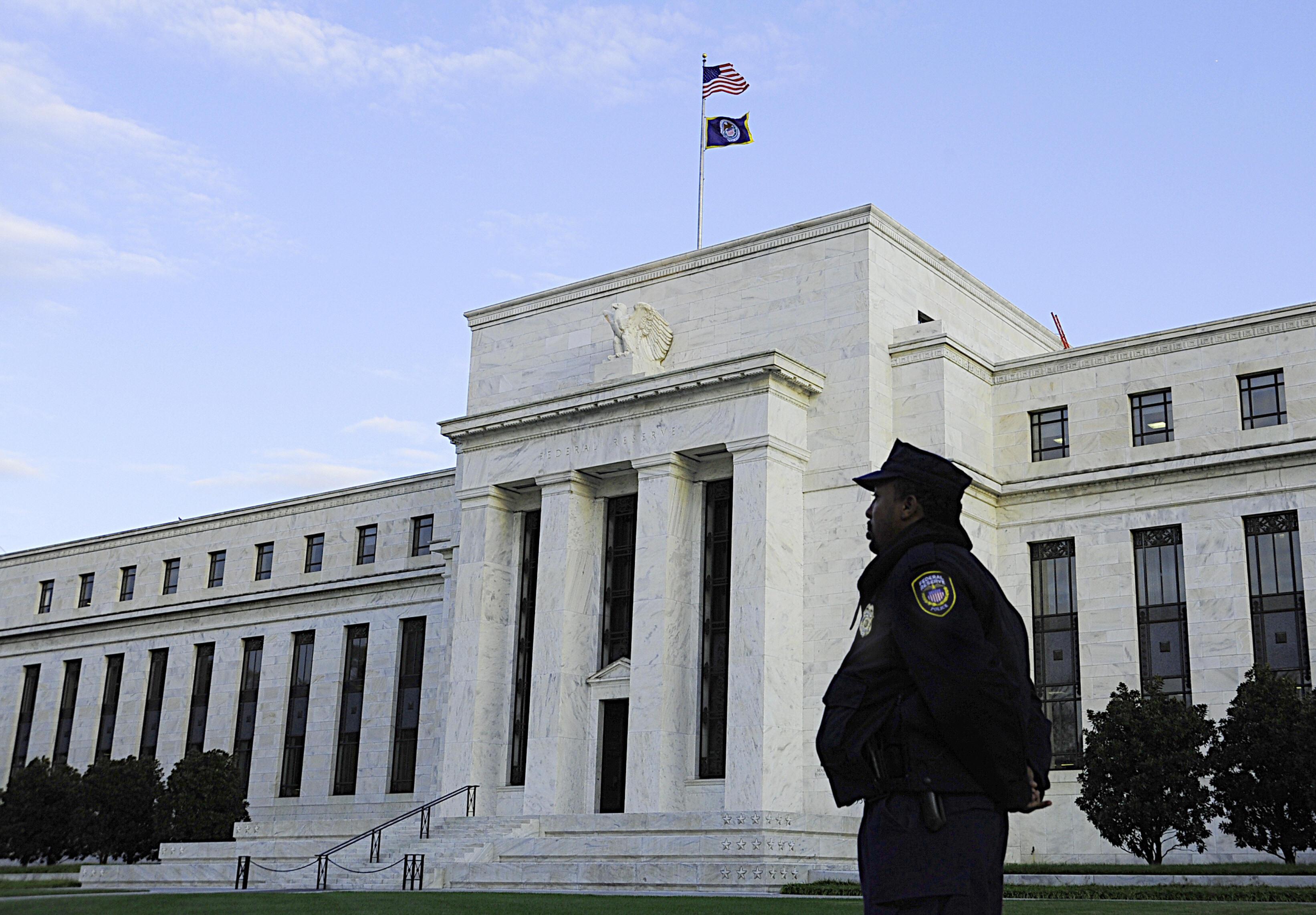I wrote yesterday that Janet Yellen’s views on the Fed’s bank regulation role aren’t particularly well-known by the public. Someone who works in the Federal Reserve system pointed me to this 2010 speech that Yellen delivered to the National Association of Business Economists as one of her more thorough statements on the subject. I think you can see three main takeaways from this:
1. Emphasis on capital and leverage: Some people’s regulatory vision focused very heavily on the idea of “too big to fail” institutions and the desirability of making them somehow faller. Other people’s regulatory vision is focused very heavily on the idea of post-crisis cleanup operations—crisis response rather than crisis prevention. Yellen, in line with the actions and statements of current Fed Governor Dan Tarullo, is focused on the idea of bank leverage and bank capital. The idea here is that if banks borrow less money, they are much less likely to fail.
2. Middle ground on the international aspect: Financial services is a global industry, and that has consequences for regulation. One take is that the United States should plunge full speed ahead with tough regulations with no regard to whether other countries are setting a lower bar in a way that puts our bank at a competitive disadvantage. Another take is to go to the opposite pole, and argue that nothing should be done outside the multilateral Basel process. Yellen basically just acknowledges the tradeoff here and sensibly says that you want to avoid either extreme.
3. Monetary policy and bank regulation are different things: How you regulate your banking sector impacts macroeconomic conditions. And how you conduct your monetary policy impacts what banks try to do. That leads some people to conclude that monetary policy ought to be conducted with an eye to bank regulation goals. Yellen rejects this view and says that the Fed should think of these as separate issues that can be addressed with separate tools. This is especially important because it seems to be a subject that Obama’s Fed appointees disagree about amongst themselves.
